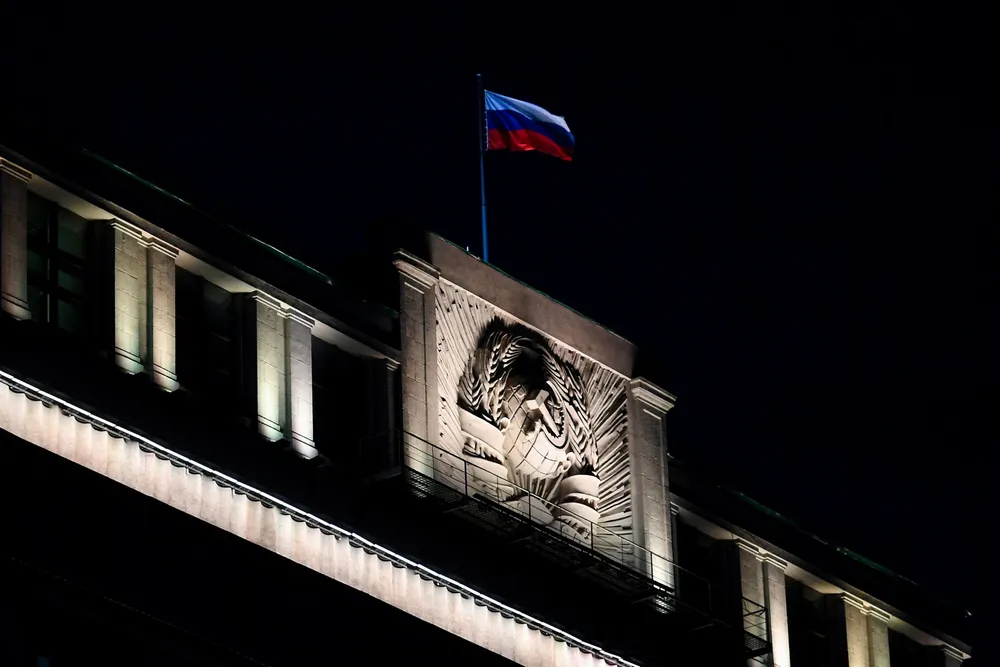Russia readies oil and gas licence restrictions for foreign players
Recent legislative amendments will require all foreign companies to operate in the country's upstream sector solely via their Russian registered affiliates

Recent legislative amendments will require all foreign companies to operate in the country's upstream sector solely via their Russian registered affiliates
